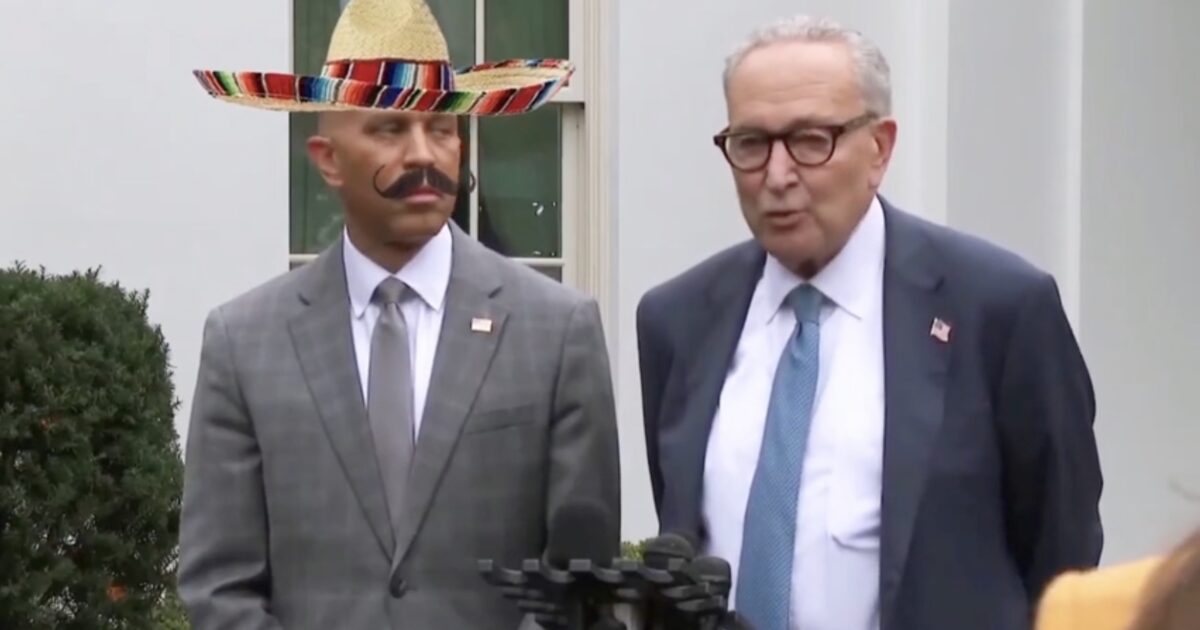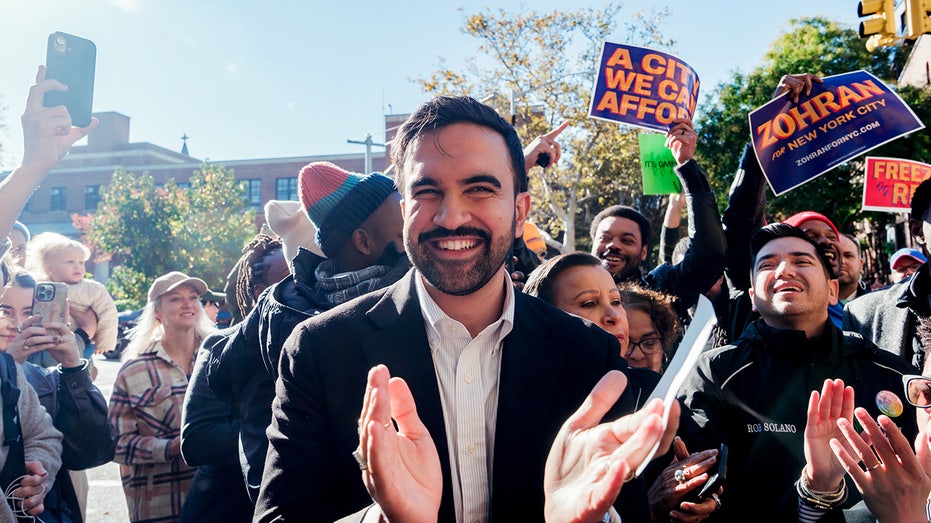A significant shift in policy appears to be on the horizon as Keir Starmer has offered the clearest signal yet that the controversial two-child benefit cap will be eliminated. This potential change, anticipated in Rachel Reeves’ upcoming budget later this month, could dramatically alter the financial landscape for hundreds of thousands of families.
The Chancellor faces a formidable challenge in presenting her tax and spending plans on November 26th, with speculation swirling about potential income tax increases – a move that would deviate from the party’s election manifesto. However, Reeves has recently indicated a willingness to explore ending the benefit cap, a long-held desire among many within the Labour party.
During an appearance on ITV’s Lorraine, Starmer directly addressed the possibility of scrapping the cap. He stated that demonstrable progress in reducing child poverty would be impossible without “taking a number of measures,” strongly implying the cap’s removal is a key component of that strategy.

Rachel Reeves herself has hinted at a willingness to consider abolishing the cap, acknowledging that children “should not be penalised because their parents don’t have very much money.” She emphasized the economic consequences of allowing child poverty to persist, arguing it’s crucial to avoid hindering economic growth.
The two-child benefit cap, initially introduced in 2013 but implemented in 2017, currently restricts Universal Credit or Child Tax Credit claims to a maximum of two children per family. The original justification, offered by the Conservative government, was to align benefit recipients’ choices with those of working individuals.
However, the policy has faced widespread criticism from figures like former Prime Minister Gordon Brown and organizations like Barnardo’s, who contend it is a major contributor to rising child poverty rates. Analysis from the Resolution Foundation suggests that eliminating the cap could lift over 470,000 children out of poverty, though at a substantial cost of approximately £3.5 billion.
While complete removal is the preferred outcome for many, potential compromises – such as raising the cap to three children or exempting younger children – have been suggested. However, campaigners warn these adjustments would significantly diminish the policy’s positive impact.
The opposition has been quick to respond, with Shadow Chancellor Mel Stride accusing Reeves of attempting to deflect blame when faced with budgetary challenges. The debate underscores the difficult choices facing the Chancellor as she navigates the complexities of economic stability and social responsibility.
Beyond the two-child cap, other potential tax measures under consideration include replacing stamp duty with a property tax and introducing a per-mile tax for electric vehicles. The coming weeks promise a period of intense scrutiny as the Chancellor prepares to unveil a budget that will shape the financial future of the nation.






